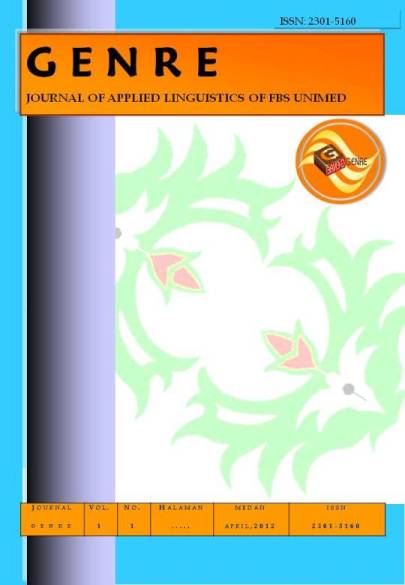Developing Bebras-Style Computational Thinking Test Instruments for English Learning in Elementary School
DOI:
https://doi.org/10.24114/gj.v14i1.68227Abstract
The test instrument development research aims to determine the computational thinking ability of students towards English language learning. The type of research used is R&D with the 6-Stage Borg and Gall development model (Research and Information Collecting, Planning, Initial Product Development, Expert Validation, Revision Expert Validation, Product Implementation). The test instrument that is suitable for use has passed the eligibility standard stage, namely, validity, reliability and difficulty level. The research was conducted at SD Negeri 105855 PTPN II Tanjung Morawa with class IV research subject totaling 35 studentrs. Data from validator result using Cohen’s kappa of 0.65 with strong category. In this study obtained 10 valid questions from 15 questions developed with a reliability value of 0.62 in the moderate category. Then the results of the student ability test show the average score of students 90.85 excellent category. The findings suggest that Bebras-style questions effectively measure the components of CT-decomposition, abstraction, pattern recognition, algorithmic thinking-and support meaningful English learning outcomes.Downloads
Published
2025-01-25
Issue
Section
Articles
License
Copyright (c) 2025 Mutiara Wahyu Daniella

This work is licensed under a Creative Commons Attribution-NonCommercial-NoDerivatives 4.0 International License.
Authors who publish with this journal agree with the following terms:
- Authors retain copyright and grant the journal right of first publication with the work simultaneously licensed under a Creative Commons Attribution License that allows others to share the work with an acknowledgment of the work's authorship and initial publication in this journal.
- Authors are able to enter into separate, additional contractual arrangements for the non-exclusive distribution of the journal's published version of the work (e.g., post it to an institutional repository or publish it in a book), with an acknowledgment of its initial publication in this journal.
- Authors are permitted and encouraged to post their work online (e.g., in institutional repositories or on their website) prior to and during the submission process, as it can lead to productive exchanges, as well as earlier and greater citation of published work (See The Effect of Open Access).
- This work is licensed under a Creative Commons Attribution-ShareAlike 4.0 International License.







.png)


